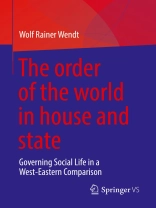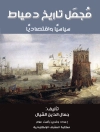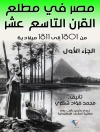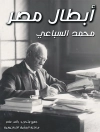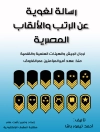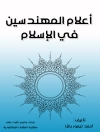In the world, the home and the state prove themselves and change as basic institutions of human coexistence. They are the subject of a comparative study on an ecotheoretical basis. In the global context, the modes of social control have developed differently in the home and the state. In and with them, order is created in the world and for the individual and collective conduct of life. The institutional frameworks of house and state in the world are ways of shaping existence that are juxtaposed in their European-Occidental and East Asian forms: Their discussion takes place along the ancient Greek basic concepts and forms of thought of the oikos, the polis and the cosmos on the one hand and the ancient Chinese categories jia, guo and tianxia on the other. They are discussed with their ethical, political and economic references in their traditional and contemporary meaning and with regard to their ecological sustainability. The interest in a discursive understanding of sustainable, life-serving orders in the face of global challenges is the guiding principle
Содержание
Introduction.- The space of action and the order of the home, the state and the world.- The acting human being between home and world.- Jia and Guo: internal relations of governance.- The state system East and West.- The structure of the common.- Origin and disappearance of society.- Responsibility for welfare.- Finding agreement ‘under heaven’..
Об авторе
Professor Dr. Wolf Rainer Wendt teaches at the Duale Hochschule BW Stuttgart and at other universities. He was chairman of the German Society for Social Work until 2009 and is honorary chairman of the German Society for Care and Case Management.
